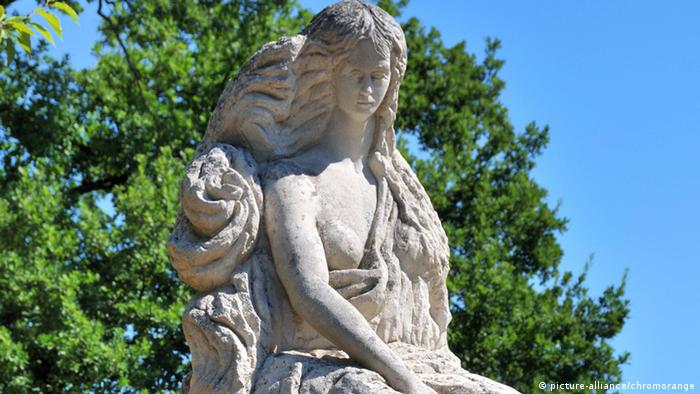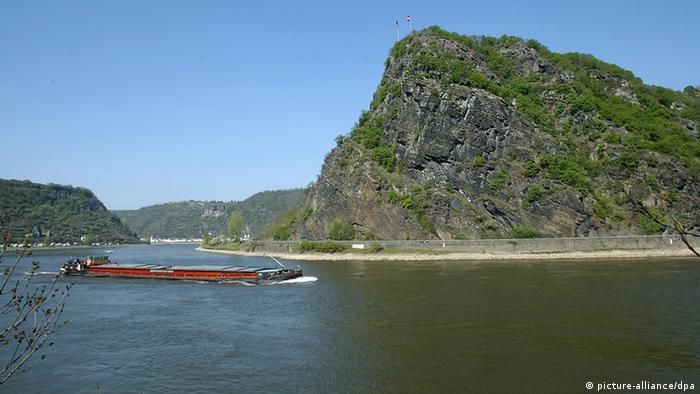昨11點睡3點多即醒不知是否竹席問題還是蚊子......
5-6 讀點辜振豐先生2010年的Facebook 日積月累的東西
Amazon Adds In-App Sale of Real Goods
- Attackers are using built-in features of the Chrom...
- 雲控制中心設計和建設的競爭 Web Giants Try Self Help
- Facebook Drops Physical Gifts Service / 新版Nexus 7...
看辜之2010facebook....東海影音一天 午餐自行解決
經歷 New York Times website down after suspected hacking
 The newspaper continued to tweet news after going offline
The newspaper continued to tweet news after going offline
The
New York Times website has gone offline for the second time this month
after what the company described as a "malicious external attack".
On its Facebook page, the Times said it was working to fix the outage, which appears to have started at 15:00 local time (19:00 GMT) on Tuesday.A technical problem knocked NYTimes.com offline on 14 August.
Analysts said evidence showed a group supporting Syrian president Bashar al-Assad was behind Tuesday's attack.
The website was partially back online three hours later, although some users still reported difficulties. During the outage the New York Times published new articles on its Facebook page as well as a mirror site.
Mark Frons, the company's chief information officer, warned New York Times employees the attack was perpetrated by the Syrian Electronic Army, which backs Mr Assad, "or someone trying very hard to be them".
He cautioned staff to "be careful when sending e-mail communications until this situation is resolved".
Security experts said there was enough evidence to link the hacking group to the outage.
"The NYTimes.com domain is pointing at SyrianElectronicArmy.com which maps to an IP address in Russia, so it's clearly a malicious attack," Ken Westin, a security researcher for Tripwire, an online security company, told the BBC.
In a separate posting on Tuesday, the group also claimed responsibility for hacking Twitter's administrative contact information.
'More attacks' Recently, the Washington Post, CNN and Time magazine websites were targeted in attacks attributed to supporters of the group.
"Media attacks seem to be escalating and moving away from annoying, simple denial of service attacks and toward full domain compromise which, if successful, puts millions of NYT website users at risk," said Mr Westin.
As it did after the first New York Times outage, competitor Wall Street Journal took down its pay wall and offered its content free to all visitors.
In January, the New York Times said hackers had accessed its website and stolen the passwords of 53 employees after it published a report on the wealth of China Premier Wen Jiabao's family.
Michael Fey, chief technology officer at cybersecurity firm McAfee, said that as long as media organisations play a crucial role in reporting news and influencing debate, they will continue to be targets of cyber-attacks.
"Regardless of technology or tactics deployed, we should expect to see more of these attacks,'' he said.
Related Stories
 辜振豐 謝謝漢清兄。早安
辜振豐 謝謝漢清兄。早安
Men are said to succumb to her spell, just by casting a glance her way. But Lorelei is more than an enchanted mermaid: she's a legendary beauty, tourist magnet and employer.The quiet Rhine village of Assmannshausen is home to about 1,000 residents. Here, the boardwalk is mostly comprised of jetties reaching out into the river. A woman with sunglasses and a loud voice is perched on one of the piers, pitching boat rides to passersby.
"A trip to Lorelei for you?" she calls to strolling tourists. Across from her, a handful of people have gathered. They sit on benches and watch as a ship approaches the landing.
The tourist ship travels down the Rhine to Lorelei - or more accurately the rock named after her. Armed with cool drinks and ice cream, the visitors settle into their seats on the sunny top deck of the boat. They hail from around the globe: the Netherlands, the US, Germany, Israel and Brazil. Most have heard the legend of Lorelei, but few volunteer to retell the story.
Bustling with boats and tourists
Each year about 20 million visitors venture to the Middle Rhine Valley for a day trip. In 2002 the Upper Middle Rhine Valley - between Koblenz and Rudesheim - was named a UNESCO World Heritage Site, which includes the 132-meter (433-foot) slate rock of Lorelei. Fleets of tourist boats float to the site each day.
On deck the wind ruffles hair. Passengers laugh and photograph old castles, half-timbered houses and lush vineyards that pass by slowly. After about 90 minutes, the Rhine makes a final turn to reveal Lorelei - rugged, high and unimpressive were it not for the legends, myths and verses winding around it, just like the Rhine. But - unlike the river - Lorelei stories made it across the Atlantic.
From enchantress to singing mermaid
Lorelei tour guides have Clemens Bentano to thank their profession. As a Romantic poet, Bentano invented Lorelei's tragic story around 1801. He crafted her as an "enchantress" from the small village of Bacharach, near the rocks. Her magic powers? She charmed all men with her beauty. As a result, a bishop ordered that she be brought into a monastery. On the way there, thinking she could get one last glimpse of her beloved, Lorelei slipped from atop the cliff and fell below into the Rhine.
Not many know the original version of the story. What truly catapulted Lorelei to literary fame was a poem by Heinrich Heine, which he wrote about 20 years later. It has been set to music about 300 times; the best-known version was done by Friedrich Silcher. In Heine's adaptation of the story, Lorelei is no longer an enchantress, but a mermaid who parallels the sirens in Greek mythology, serenading defenseless sailors until they capsize.
Nico Gradowitsch has never heard Lorelei sing, though he's been operating boats over the rocks nearby for about five years. He is 31 years old, and it's clear that the Rhine water flows through his veins. His family has owned a ferry service here since the beginning of the 20th century.
Proceeding with caution
Technically speaking, the Middle Rhine Valley is a challenge to navigate. In the river's narrow channels, Gradowitsch must pay close attention to oncoming traffic. At Lorelei, the Rhine allegedly reaches its deepest point at 25 meters.
"From of the bonds of love, there was no more rescue," laments Brentano at the beginning of his Lorelei poem. The jinxed enchantress is nevertheless a blessing for Nico Gradowitsch and his family. The hype around her guarantees full boats. Gradowitsch can risk a glance now and then to Lorelei's rock, from the cab of his boat. Blonde beauties come only as tourists to the Middle Rhine Valley.



沒有留言:
張貼留言